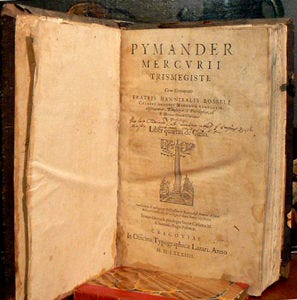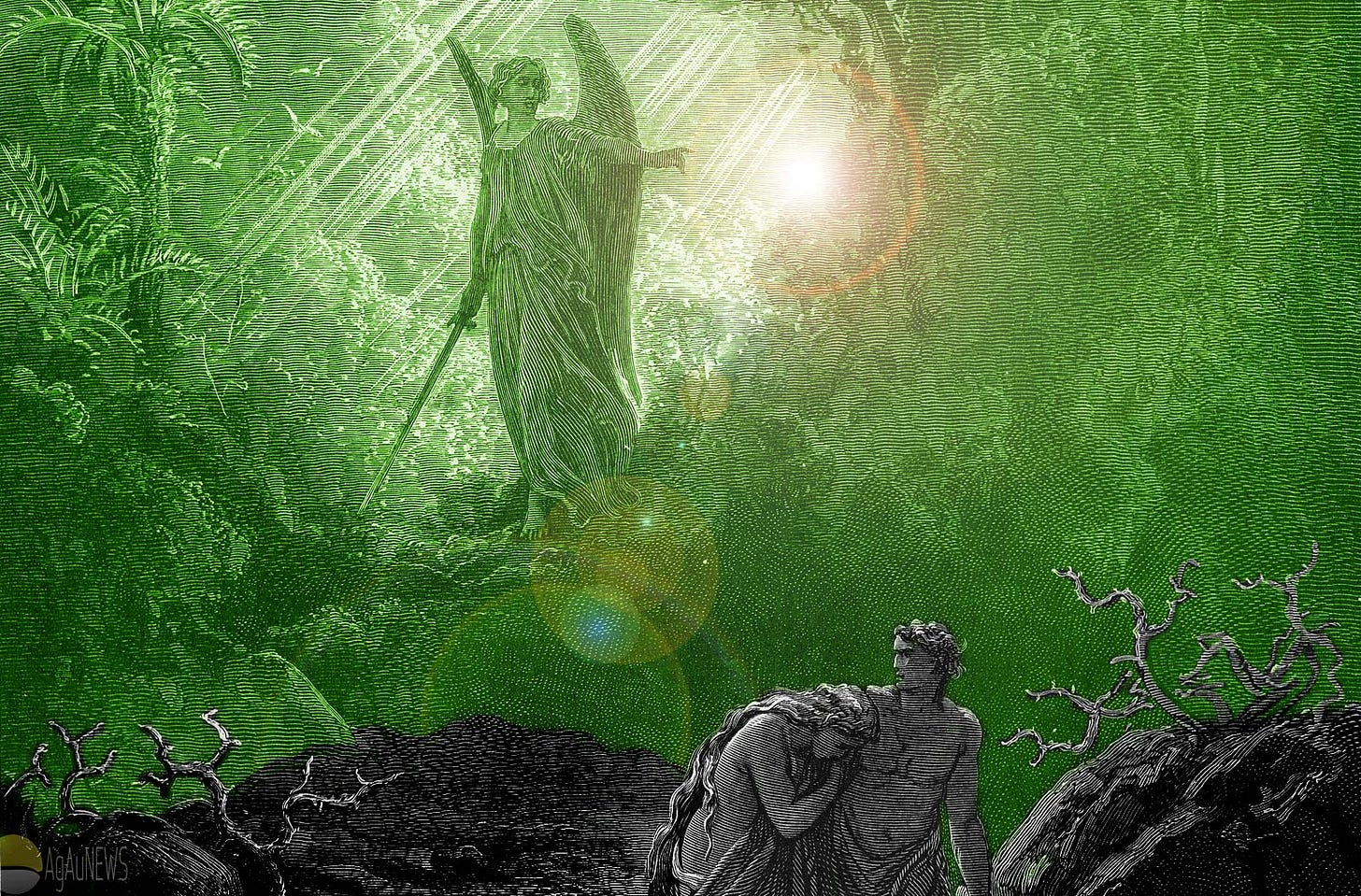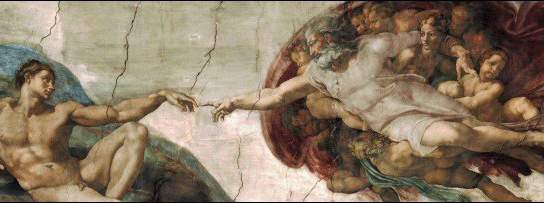The Corpus Hermeticum
A brief overview of the main message of the the legendary heirophant, Hermes Trismegistus...
In Hermetic literature1, there is a prophecy that a day will come when humans will no longer care for the Earth. The gods will depart, and everything will be thrown into primal chaos.
During the first and second centuries after the supposed birth of Jesus Christ, we see a world whose psychology is very much like the psychology of our own time. It was a psychology of despair and exhaustion brought about by the aegis of Democracy and Atomism; Platonic metaphysics had essentially come to a dead end.
In those days, we failed to develop an experimental methodology, so all of the precepts being developed out of the classical world dissolved into competing philosophical speculation schools. A profound pessimism spread through the Hellenistic world. Out of that pessimism, and in the context of that kind of universal despair, a body of literature was created from the first to the fourth centuries after Christ, collectively called the Hermetic Corpus (or Corpus Hermeticum, in Latin).
The Hermetic Corpus is a collection of 17 treatises (the first and most famous of which is pictured above) written sometime between 100 AD and 300 AD by medieval Byzantine editors. Later, in the 15th century, they were brought to Italy and translated into Latin. There were (and still are) people that believe that this Hermetic literature antedates the Mosaic law—that it is as old as dynastic Egypt. Whether or not this is an indefensible position is up for debate, as far as I’m concerned. I addressed this matter in my earlier post. But, I am not a Classicist. I don’t subscribe to the idea that the older the source, the more authentic its authority. So the provenance of the material isn’t as important to me as the principles it profers.
The Hermetic Corpus is a poetic and cleanly expressed an outpouring of ancient Mesopotamian, Egyptian, Iranian, Armenian, and Indian knowledge reworked by late Hellenistic proto-scientists and naturalists. It is essentially a religion of the redemption of the Earth through magic.

Then the Renaissance Came…
With the Arabic and European Renaissances came new forms of wealth, economic classes, and technologies for navigation and scientific experimentation. This made it impossible to maintain the fiction of medieval cosmology.
The world, as it was known, had to dissolve.
At that moment, the movers and shakers of that civilization reached backward in time to the last sane moment they had ever known. And they discovered that it was classical Greece, and they invented Classicism—its laws, philosophy, and aesthetics. We are the inheritors of that tradition.
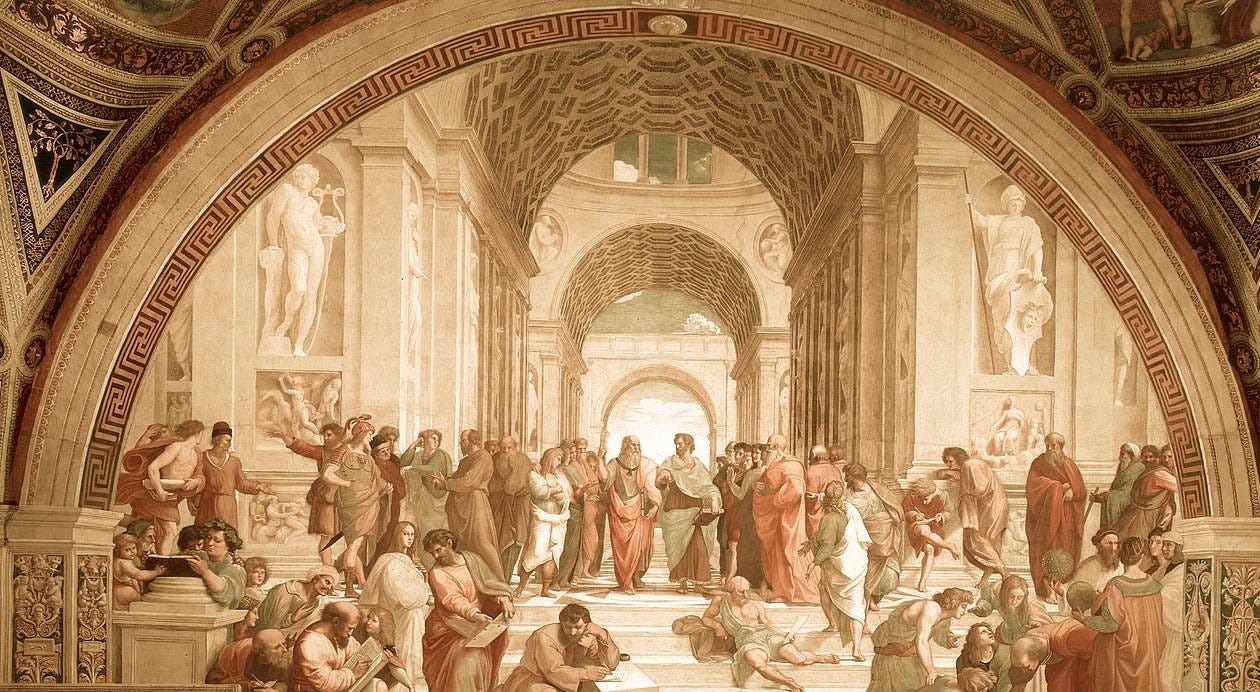
But now, the ideas inherited from Christianity and its bastard child science have been exhausted. So what Terence McKenna suggested is that an archaic revival needs to take place. It seems to be well in hand in the form of the revival of Goddess worship, shamanism, and partnership.
The way back to the high magic of the late Paleolithic is to read, popularize, and reintroduce this kind of thinking so that people can live it out. And then, step by step, we can evolve our language and understanding to make our way back to the garden, to Eden.
It's said that Christ opened the doors to Paradise but closed them to Eden. And paradise is a very airy place where everybody sits around on clouds strumming, their lyres. I want to make my way back to the alchemical garden. That's where our roots are. That's where meaning is; meaning lies in the confrontation of contradiction, the union of opposites. That's what we feel, not these rational schemas that are constantly beating us over the head with the “Thou shalt” and “Thou should”s, but rather a recovery of the real ambiguity of being: an ability to see ourselves as at once powerful and weak, noble and ignoble, future-oriented, past facing.
We each need to become Janus-faced and incorporate into ourselves the banished contradictions of being that so haunt the enterprise of science. We can leave that behind. And when we do, we reclaim authentic being and authentic being— what alchemical gold is. That's what they're talking about—authentic being.
The Hermetic Dialogues
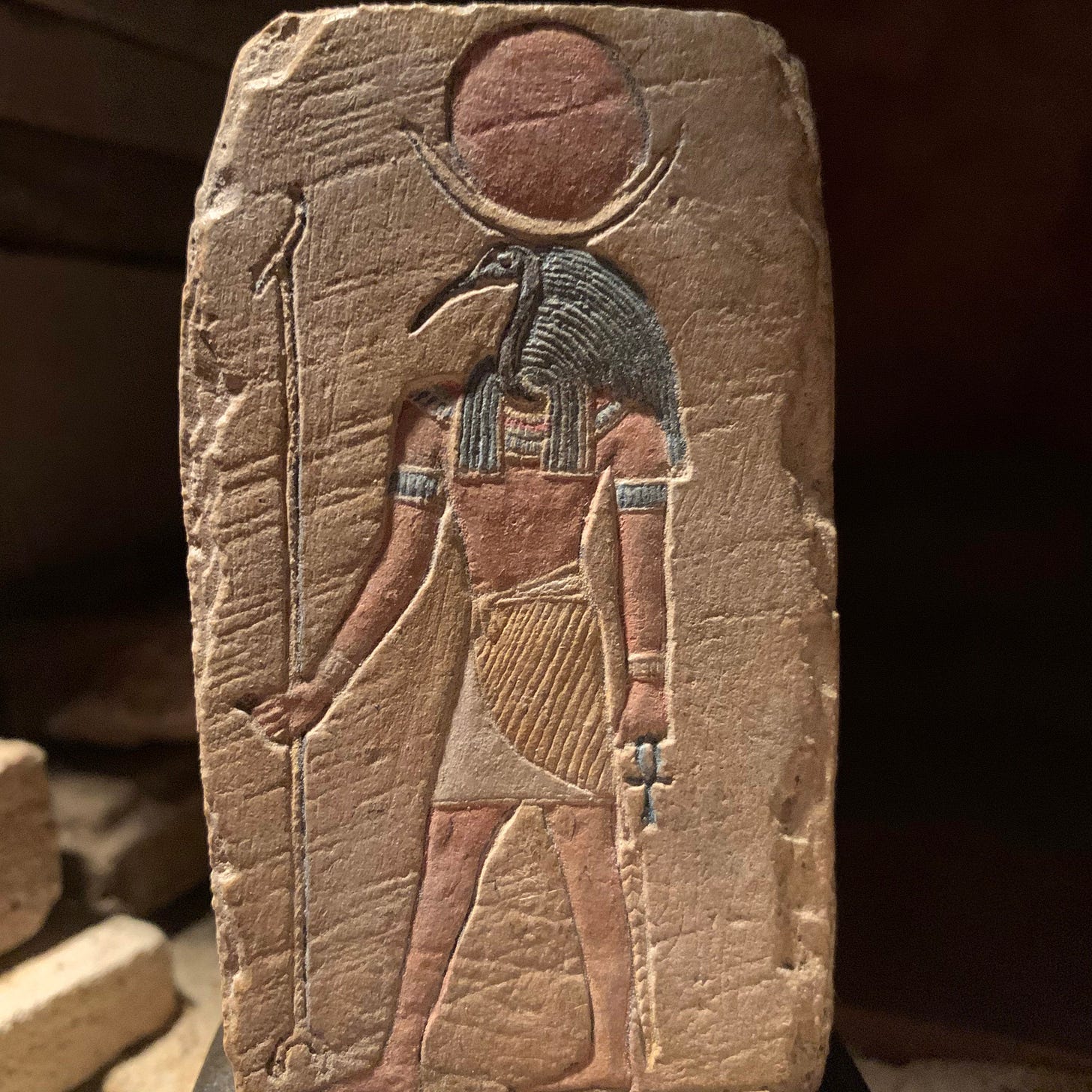
The Hermetic hymns (as they’re sometimes referred to) are usually couched in the form of dialogues between Hermes and his son Toth (Tat). Toth takes the role of the uninitiated and, sitting at the feet of the master, asks questions. “What is the true nature of the world? What is the true nature of man?” Hermes answers. The general form of these texts becomes the basis for an intellectual dialogue, which builds to an ecstatic revelation.
The two distinguishing factors that this wisdom imparts are first, the divinity of human beings, an extraordinarily radical idea in the context of late Hellenistic thinking. We all operate under the spell of the concept of the fall of man, that man is an inferior being: errors were made in the Garden of Eden, and that we are far far from the nature of divinity.
All magic and all magic in the West derived from this tradition takes the position that man is a divine being. Men and women are divine beings. The Corpus Hermeticum refers to man as “God's brother.” This is a double-edged perception. It gives tremendous dignity to the human enterprise. But it also raises the possibility of the error of pride and hubris.
Man is the Measure of All Things
That is the position of science—man is the measure of all things. It is up to us. We can decide the course of the cosmos. The thing is that all MAGIC also stems from this position, too!
This is why the church was so concerned to stamp out magic because it assigns man an importance that the church would rather reserve to the deity. So that's the first great division between Christian and Hermetic thinking, an entirely different conception of human beings.
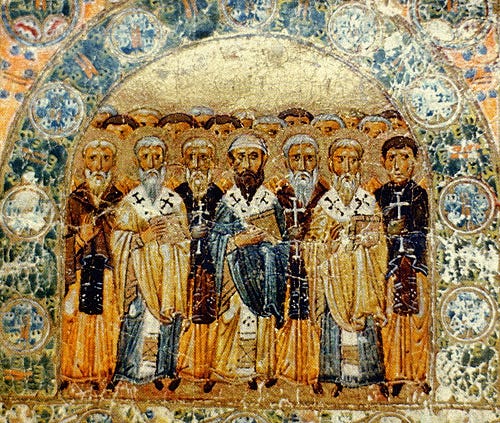
The second distinguishing factor is the belief that we can control fate and that we can escape from cosmic fate. The late Hellenistic mindset was, and what you get in the Gnostic literature, the belief that because of astrology, because of the stars, we are subject to control from these exterior forces. In most Gnostic thinking, the whole concern is to somehow evade what is called the Heimarene—cosmic fate.
In the Gnostic systems, the only way it can be done is by ascending through the shells of cosmic ordering forces—the Archons, the planets, the planetary demons, so forth, and so on. And then, beyond the Heimarene, which is actually thought of as a place in space that you burst through, you transcend fate.
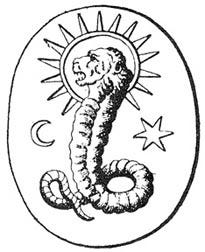
This way of thinking Gnosticism, Hermeticism, and Neoplatonism must’ve been like a revelation for the late Hellenistic world because there was such philosophical, emotional, and political exhaustion. These fresh new philosophies came as counterpoint to the message of the of the New Testament, which is a similar message (e.g., you can be saved in the body; you can escape the inevitable dissolution and degradation laid upon us by time; etc.).
So, these are the two distinguishing factors, both in the Hermetic tradition as well as the way of the Iranian Magi—the divinity of man, and the possibility of using magic to evade the machinery of fate.
The Hermetic Creation Myth
It’s in the third of texts in the Corpus Hermeticum, The Sacred Sermon, that we can decipher a creation myth. In some ways, it is very similar to the Christian creation myth; but extraordinarily different in others. You can read the best known English translation for yourself here (by GRS Mead).
Any work of revelation (i.e., written in code or cryptically) on occult, theological, alchemical, and philosophical subjects, often ascribed to the Hellenistic, legendary hierophant/sage known in Greece as Hermes Trismegistus, in Egypt as Thoth, in Rome as Mercurius ter Maximus, and in Arabia as Idris.


